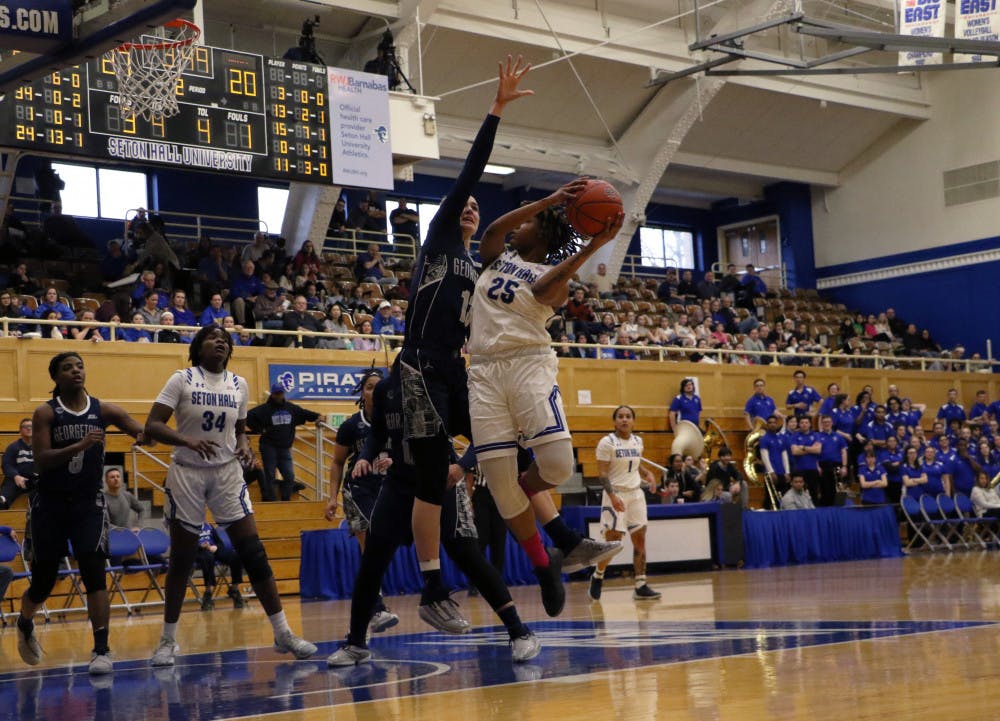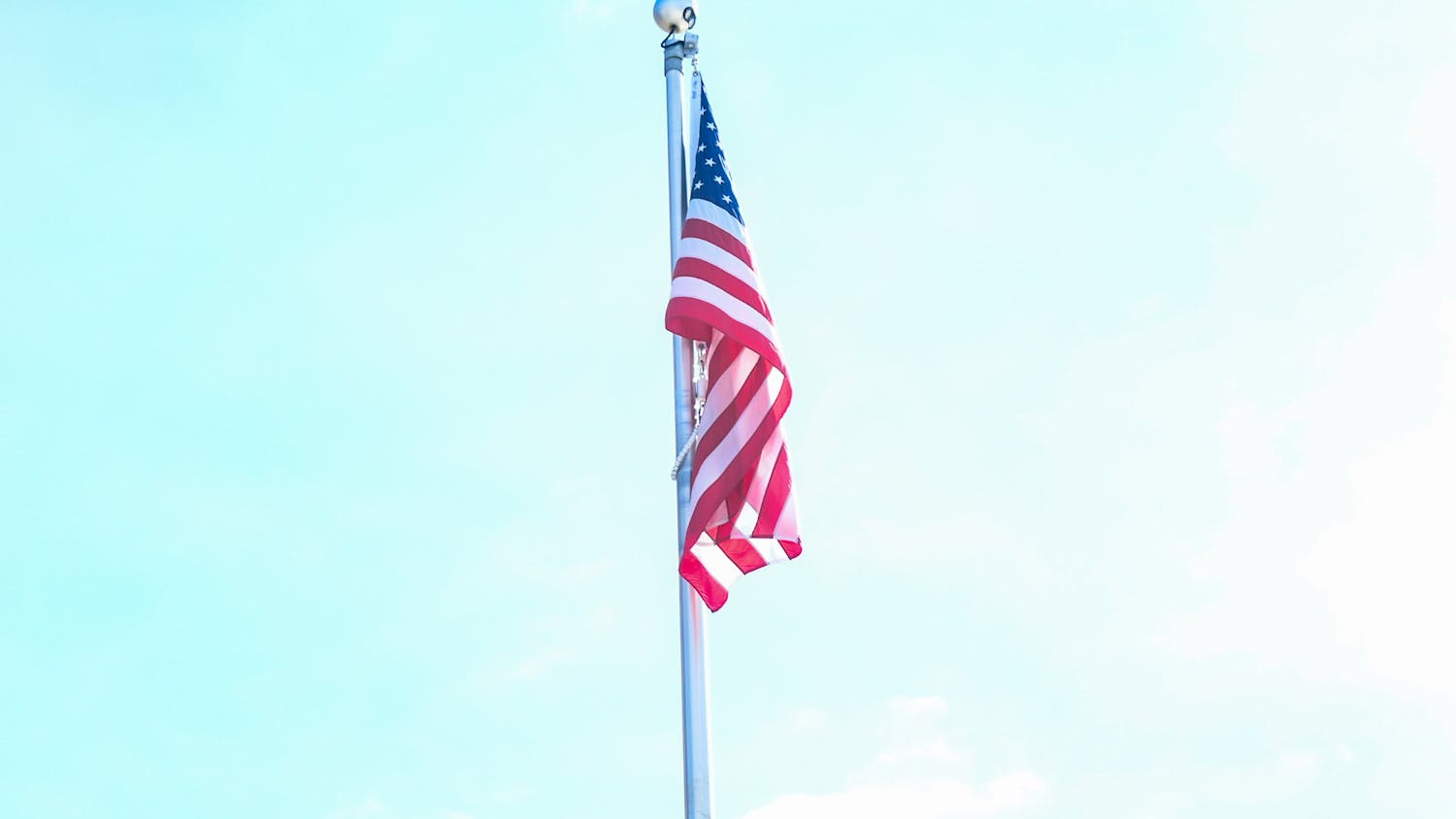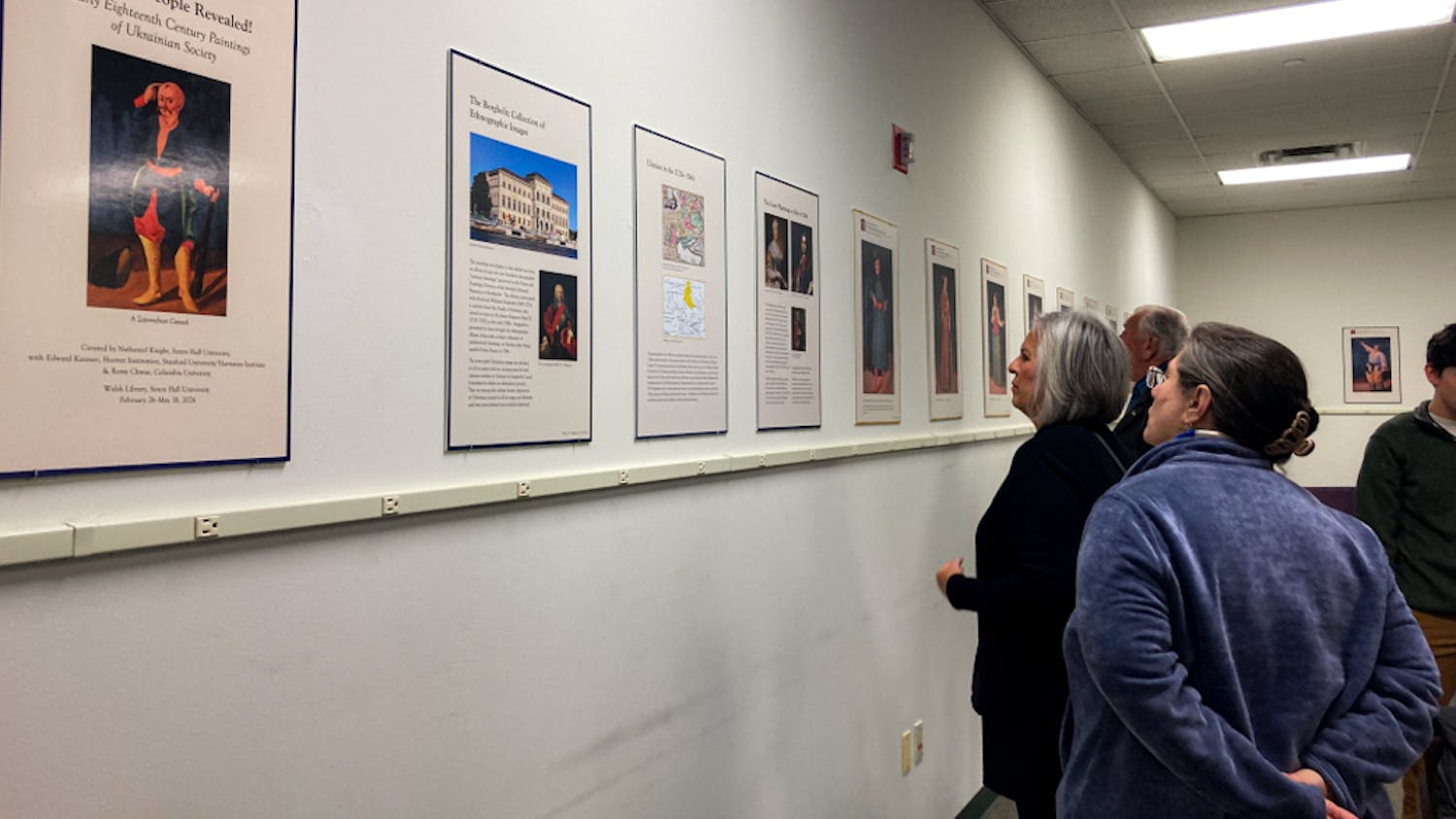The Sexual Assault Response Team (SART), at Seton Hall since August 2009, has become much more publicized in the wake of recent campus events.
According to Dean Rosario Reyes-Urbina, the team began with seven students and five administrators.
Currently, the team has four students, five administrators and has just finished accepting new member applications.
New member decisions are expected for next week.
SART offers a 24/7 hotline for any member of the Seton Hall community and has since its founding.
"If Public Safety receives a report of a sexual assault, they will offer SART's services to the client and reach out to the advocate on call through the hotline," Melissa Boege, SART student member and SGA president, said.
Boege added that Counseling Services always offered to the victim, and all calls to the hotline are confidential.
SART does more than just help a victim initially.
"We are an advocacy team that supports the victim/survivor of a sexual assault," Reyes-Urbina said. "We serve as referrals and we also do programming and outreach to our campus community."
Boege explained the versatile role that SART hotline members hold.
"This can be anything from speaking with a client over the phone and providing support, information, and resources, to actually accompanying a client to Public Safety, the hospital, the police station and to court (if necessary)," Boege said.
"We support the client, inform them of the choices and options available to them and provide resources that will aid in their healing and recovery."
Student member Gesina Phillips said the time members devote to SART is considerable but manageable.
"It's a big time commitment in terms of hours, but the majority of the time is devoted simply to being alert and ready should a call come in," Phillips said.
Caitlin Ditchfield, another student member, said being a member of SART is "well worth the time commitment."
Members of SART have training from the Essex County Rape Crisis Center, according to Reyes-Urbina.
According to the SART page of SHU.edu, the training session is "an intensive 20-hour" program.
"It was a tough training session to go through, but it was handled extremely well, and it gave me more confidence entering the role of SART advocate," Phillips said.
Overall, members seem to be pleased with their participation in SART.
"I am glad that I have had this opportunity to make myself available to people who might need help or just need someone to talk to about this extremely difficult issue," Phillips said.
Ditchfield urged the community to use SART should they need it.
"I hope that the community understands that we are a great ally," Ditchfield said. "We are here, because we want survivors to know she or he is not alone."
SART's hotline number is 877-655-SART. Reyes-Urbina can be contacted for more information.
Jessica Card can be reached at jessica.card@student.shu.edu.





